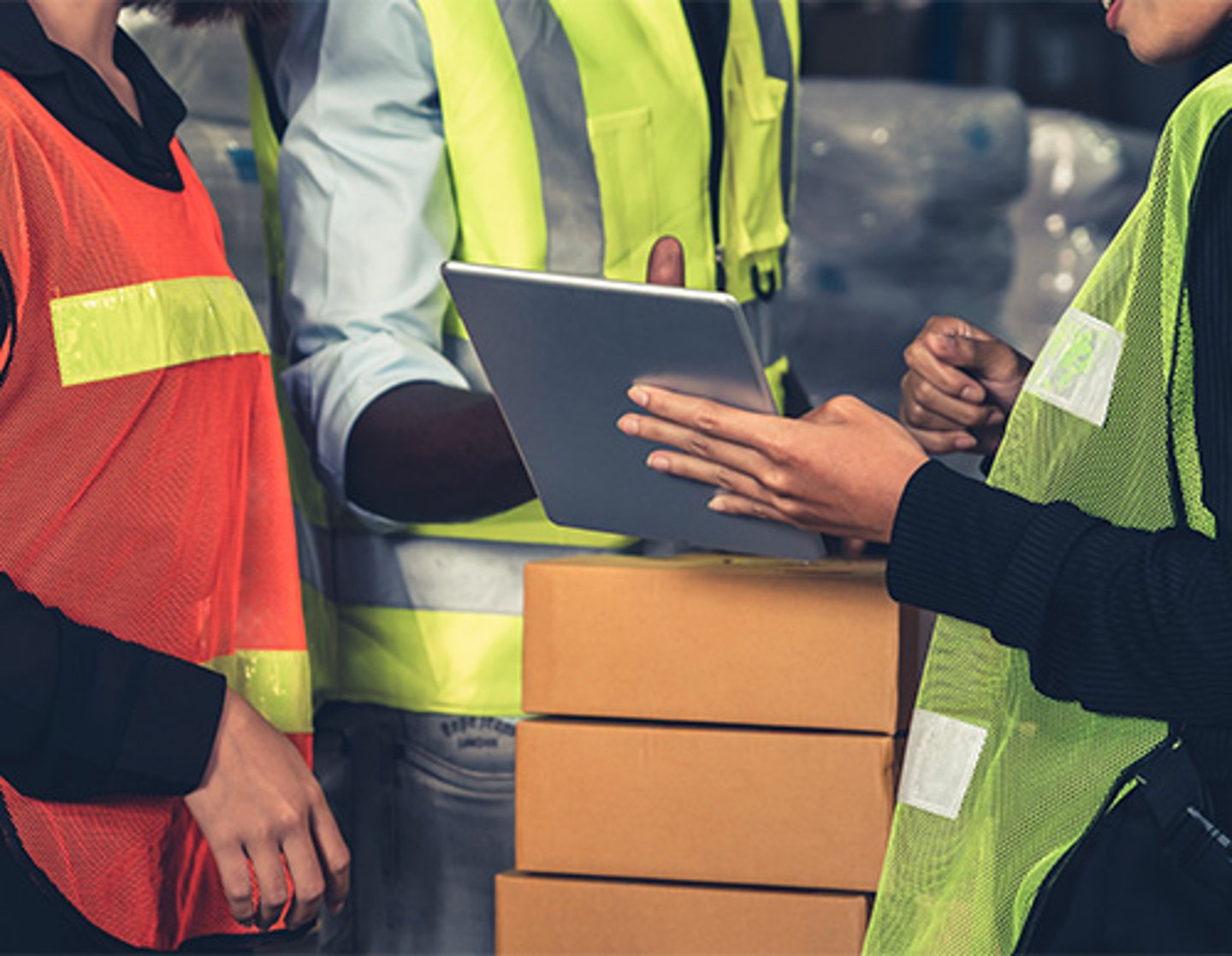Donating Goods: A Sustainable, Socially Responsible Solution to Excess Inventory
The retail industry is facing an excess inventory crisis. Whether it’s inflation, supply chain issues, or higher-than-anticipated returns, retailers are in a precarious position when it comes to a glut of merchandise that cannot be sold.
A 2022 report from AD Global Supply Chain Research estimates as much as 8% of stock, worth an astounding $163 billion, goes to waste every year. Not only is this bad for business, but it also creates an enormous environmental impact from the stock that gets discarded.
For retailers, the growing issue of product waste cannot be ignored. According to McKinsey, companies that are sustainability leaders consistently outperform the market in both the medium and long term. As a result, many retailers are putting greater focus on their ESG goals and becoming more thoughtful and strategic about product waste. What we’re seeing as a result is the opportunity to help people in need while solving a massive business challenge.
While excess inventory is a complex issue, there is a turnkey solution for retailers to transform the fate of these goods into a cost-effective, efficient and sustainable way to help people in need. With an in-kind donation program, companies can ensure that they are making the best use of inventory that cannot be sold for a variety of reasons (customer returns, out-of-season items, dead stock, etc.).
Whether it’s clothing, housewares, toiletries, school supplies, and even furniture and appliances, donating these goods to nonprofit organizations that serve those who are economically disadvantaged has a substantial impact on both the environment and the people who receive the items—a win/win/win all around.
To help solve their inventory problems, more than 400 of the world’s best-known companies (Amazon, Walmart, Gap Inc., and many more) work with Good360 for a turnkey solution from a single partner. Good360 distributes this donated product through our network of 100,000-plus pre-qualified and vetted nonprofit partners that serve a variety of causes, including homelessness, foster families, veterans’ services, natural disaster recovery and many more.
Good360’s stringent vetting process helps protect the brands we work with by ensuring that the donated items don’t end up on the secondary market. Once the product is sent to the nonprofits, it is then distributed within the communities they serve. For the donors, Good360 manages all the logistics and finds the appropriate nonprofit that has indicated a need for the items.
Once the nonprofit distributes the donated goods, we report back on the impact the donation has made so donors know exactly where it went and who it helped. So, whether it’s toys for a holiday drive, mattresses for a homeless shelter, or even automotive supplies for a nonprofit technical school in an underserved community, every donation has a unique and impactful story behind it, and we make sure that story is told.
To accommodate a wide range of both donor company and nonprofit needs, Good360 has developed a number of product philanthropy solutions. For example, Good360 matches individual store or distribution center locations with nearby nonprofits to help drive local impact with donated goods and build bonds with the community.
Additionally, Good360 brings large donations into our own distribution centers for sorting and reconfiguration in order to best meet nonprofit needs– from a single carton of personal hygiene items to full semi-truckloads of mattresses.
By making product donation placement and distribution seamless for donors, Good360 helps retailers, brands, and manufacturers solve the business challenges around unsellable inventory, demonstrate their leadership in responsible and sustainable business practices, and increase their social impact.
In many cases, donating product is a more economical decision than disposing of the goods. There may also be enhanced tax benefits, and we encourage companies to explore these options with their tax experts.
The bottom line: Retailers should consider donating excess inventory to help individuals facing challenging life circumstances get the goods they need. This way not only are they generating hope, but the products are given a new life, reducing waste, and helping build resilient communities for the future.







